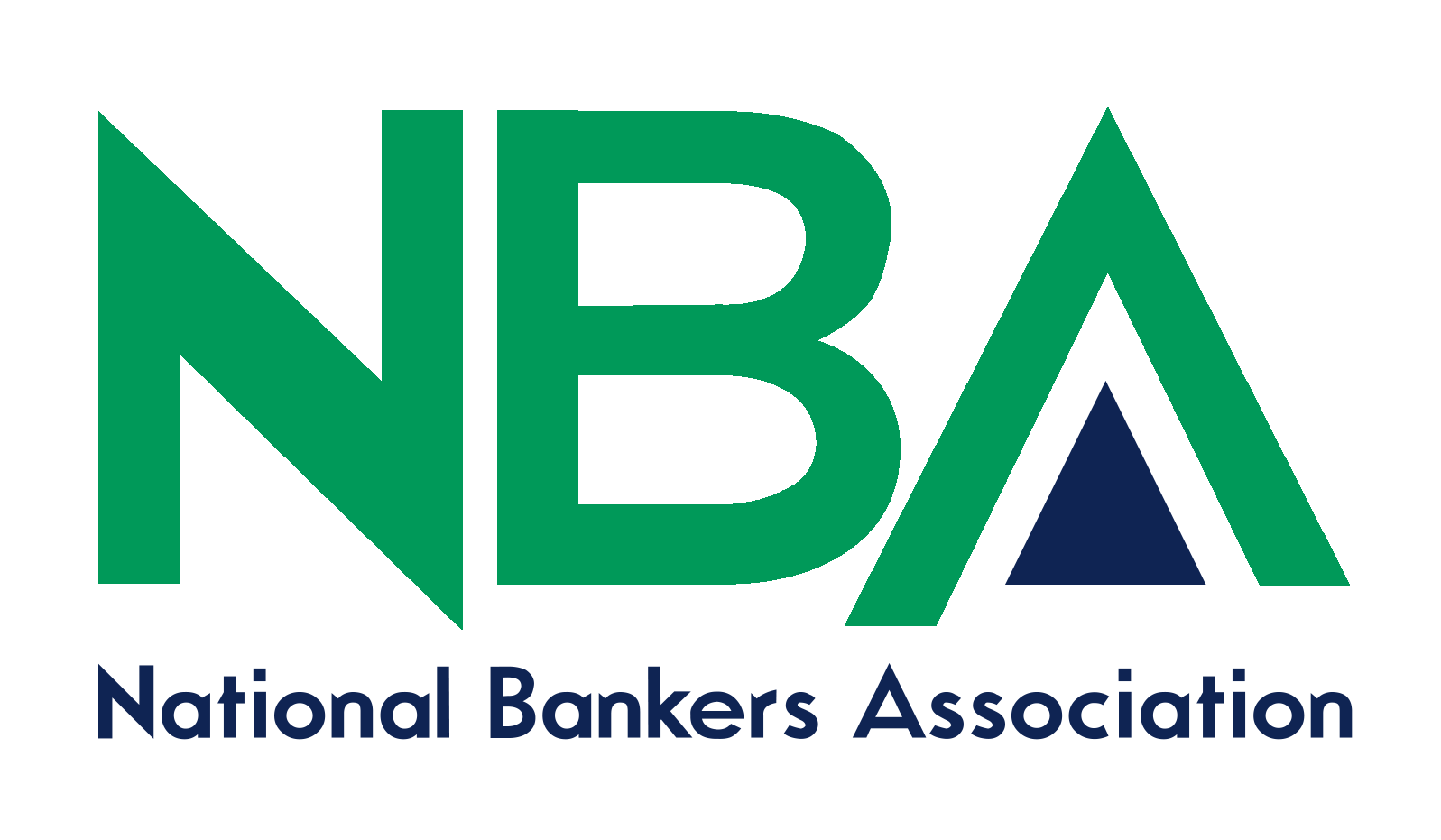WASHINGTON—The National Bankers Association (NBA) recently launched a new initiative to help close the racial wealth gap in America. They started the National Bankers Community Alliance, a nonprofit affiliate of the association, to provide programs and services to support Minority Depository Institutions, including Black banks and the communities they serve.
“The National Bankers Community Alliance was created for us and by us,” Nicole Elam, president and CEO of the National Bankers Association, told The Final Call. “It was created by Black and minority banks to support them and the communities that they serve. That’s important because they are intimately aware of not only their challenges, but the challenges of the communities that they serve,” she said.
“They understand that they have capacity constraints. They have capital constraints and often times the needs of the community far outpaces their small size. … NBCA is a centralized resource center to support our minority banks and the communities that they serve. We’re doing it by focusing on four key areas that we know will make a difference in the communities,” added Ms. Elam.
Those four areas are: Financial Wellness, Technical Assistance, Research & Impact Assessment and Capital Aggregation & Collaboration.
The Alliance will work with minority-owned banks to provide their communities with:
local impact scorecards highlighting opportunities in underserved communities;
financial wellness education and resources;
culturally competent technical assistance;
entrepreneurial and first-time homebuyer training and resources;
access to innovative capital and programs to acquire and grow assets.

A 2019 FDIC Survey of Consumer Finances found that White families have the highest level of both median and mean family wealth: $188,200 and $983,400, respectively. Black and Latino families’ median and mean wealth is less than 15 percent that of White families, at $24,100 and $142,500, respectively.
Those numbers are complicated by the fact that, according to the Boston Consulting Group, Black and Latino households comprise 32 percent of the U.S. population but represent 64 percent of the country’s unbanked (without a bank) households and 47 percent of its underbanked households.
This is the great value of Black banks. In many neighborhoods they are the center of wealth creation for their communities. These banks have a long history of providing mortgages and small business loans when Black customers have been rejected at twice the rate of Whites by traditional banks.
Without access to mainstream banking, Black and Brown communities are prey for check cashing stores and payday lenders, many who have shown to be predatory. These businesses are often more common on street corners and shopping malls than major bank branches in lower-income communities.
Karl Muhammad has been a customer with D.C.’s Industrial Bank of Washington, a Black banking institution, for 30 years. “I get free checking, which is a plus. I also get free overdraft protection. It’s definitely a benefit. I would recommend other Black people to support Black banks,” he told The Final Call.
“It can be difficult getting loans from a Black bank. I was denied and I have friends who’ve been denied. But you just have to stay vigilant.” When Black banking institutions are supported and strengthened, their capacity to provide these services increases.
The good news is, Black banks are becoming more popular. Last year when the outcry of Black Lives Matter was heard around the country, Greenwood was announced as the first digital banking platform for Black and Latino people and business owners in October 2020. Since that announcement it has a waitlist of more than 550,000 community members.
Grammy Award winning rapper, activist, and entrepreneur Killer Mike (Michael Render) is the brains behind Greenwood which is launching a new studio to create financial education content. Greenwood, named for the historic Black area of Tulsa, Oklahoma, also known as “Black Wall Street,” was founded by Killer Mike, Ryan Glover of Bounce TV, and former Atlanta mayor Andrew J. Young.
“Greenwood is a response to how America’s systems have failed Black people. Whether it’s finance, healthcare, education—the mistrust is not unwarranted. But we’re here to make some progress on it in my lifetime so it’s not as warranted as it once was,” Killer Mike told the media. “We want to help people build the confidence it takes to participate in this system, so we’re living in it and not under it.”
When it launches next year, Greenwood will give customers the ability to spend and save securely through use of best-in-class banking services and innovative ways to support Black and Latino causes and businesses.
Advanced account features include Apple, Samsung, and Android Pay, virtual debit cards, peer-to-peer transfers, mobile check deposits, and surcharge fee-free ATM usage in over 45,000 global locations.
“That’s exactly what I want in a bank,” Sierra Jackson, a D.C. government employee told The Final Call. “I need banking that I can do with my phone without worry. I want an app that does everything, and I don’t have to search for a branch to avoid paying bank fees.”
Digital banking is attractive to younger audiences who want access and new opportunities.
“You can’t close the racial wealth gap without minority banks,” explained Ms. Elam.
In addition to National Bankers Association member banks, the alliance has received initial support from The JPMorgan Chase Foundation, Milken Institute, Confluence Philanthropy, and Robinhood.













